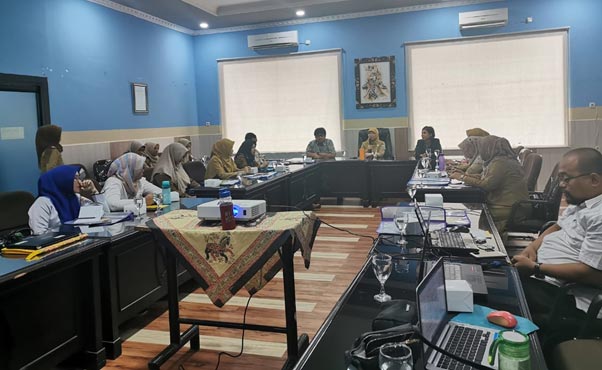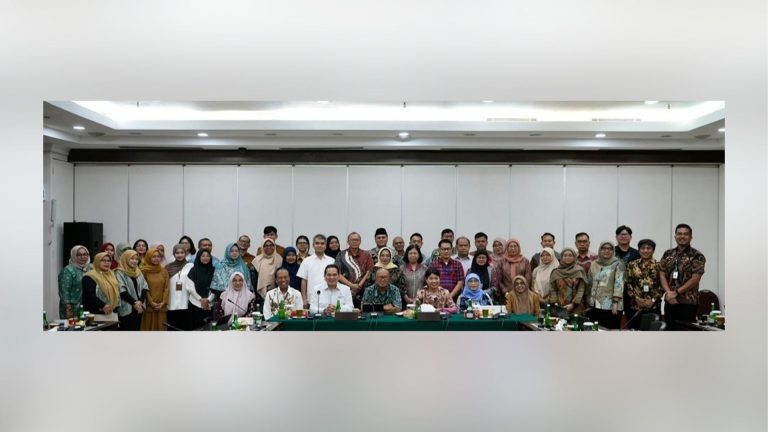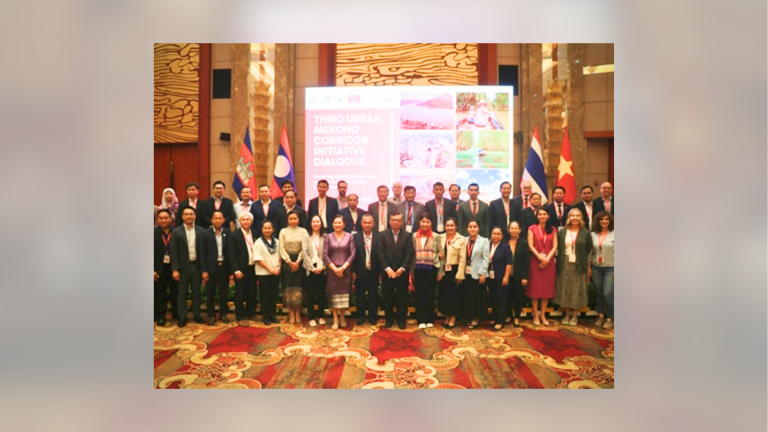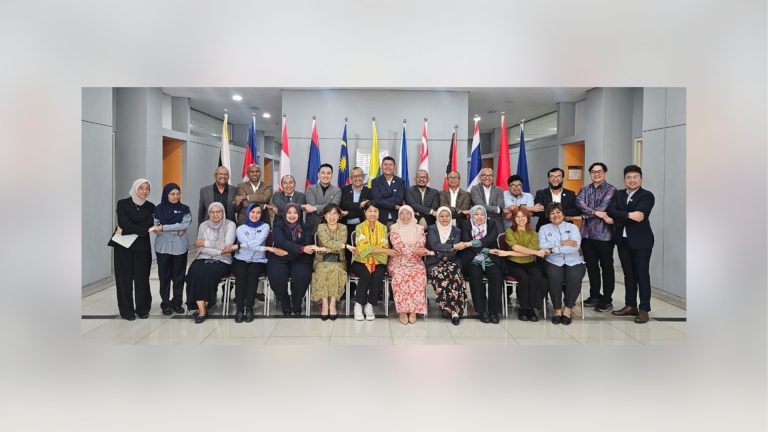12-14 November 2019 | PALEMBANG – Palembang, the capital city of the Indonesian province of South Sumatra and one of the oldest cities in Southeast Asia, is embarking on an important step towards effective climate action through its development of the Greenhouse Gas (GHG) inventory. The effort is being made through an international collaboration called the Global Covenant of Mayors for Climate and Energy (GCoM), of which Palembang signed a commitment to join GCoM’s Southeast Asia chapter in September this year.
UCLG ASPAC plays a crucial role in this initiative and serves as Helpdesk of the International Urban Cooperation (IUC) Asia Programme, an initiative funded by the European Union (EU) to provide technical and capacity support to GCoM member cities. Sixty-three mayors in ASEAN, with a combined population of more than 36.5 million, have been mobilised under GCoM so far.
Palembang, together with five other cities in Indonesia namely: Tangerang, Makassar, Denpasar, Malang, and Depok, signed a commitment to leverage their actions to achieve the shared goal of better urban and climate resilience on 17 September 2019.
Following that commitment, on 12-14 November, IUC Asia Programme held its first capacity building activity for city officials and other relevant stakeholders in Palembang in developing a GHG inventory based on Indonesia’s national GHG inventory framework, with a particular focus on identifying the required data and the sources of that data. The activity was conducted in partnership with the Centre for Climate Risk and Opportunity Management in Southeast Asia and Pacific (CCROM – SEAP). More than twenty-five participants, comprising officials from the City Planning Division, Environment, Industry, Agriculture and Fishery Agencies took part in the event. Representatives of Local State-Owned Enterprises including Pupuk Sriwijaya (fertiliser) and PLN (electricity) also learned and shared experiences in this three-day interactive training.
The first training activity aimed to strengthen stakeholders’ knowledge on the data required for a GHG inventory and methodologies of the data collection. Information tools utilised during the session covered data collection in energy sector (including transportation and buildings), Industrial Process and Product Use (IPPU) as well as waste and agricultural sectors. The next capacity-building activity will aim to assist Palembang’s officials in conducting in-depth consultation with CCROM in order to build the city’s GHG Inventory.
GHG inventory is one of the important requirements for effective actions on climate resilience. This scientific-based approach allows policy makers and technical experts to develop the right strategies, policies and cost-effective actions to reduce GHG emissions. It will also track the progress made and help mobilise targeted stakeholders to contribute towards the achievements. Furthermore, GHG inventory allows citizens to understand the level of GHG emissions in their city and encourage public participation in reducing the emissions. At the country level, GHG inventory will assist the government in its requirement to report their national GHG inventories — comprising estimates of GHG emissions and removals — to the United Nations Framework Convention on Climate Change (UNFCCC).
********************
To learn more about GCoM SEA: https://www.asian-mayors.eu/
HelpDesk Southeast Asia:
Jakarta City Hall Block E- Level 4
Jakarta, 10110 – Indonesia
Phone: +62 21 389 01 801
Mail: secretariat@asian-mayors.eu











